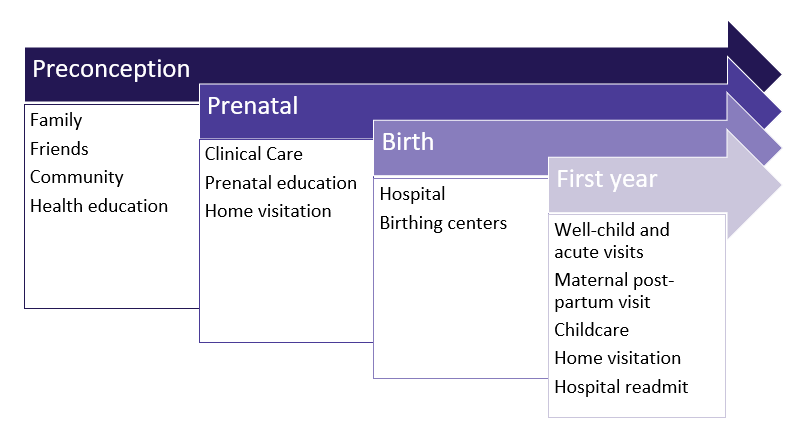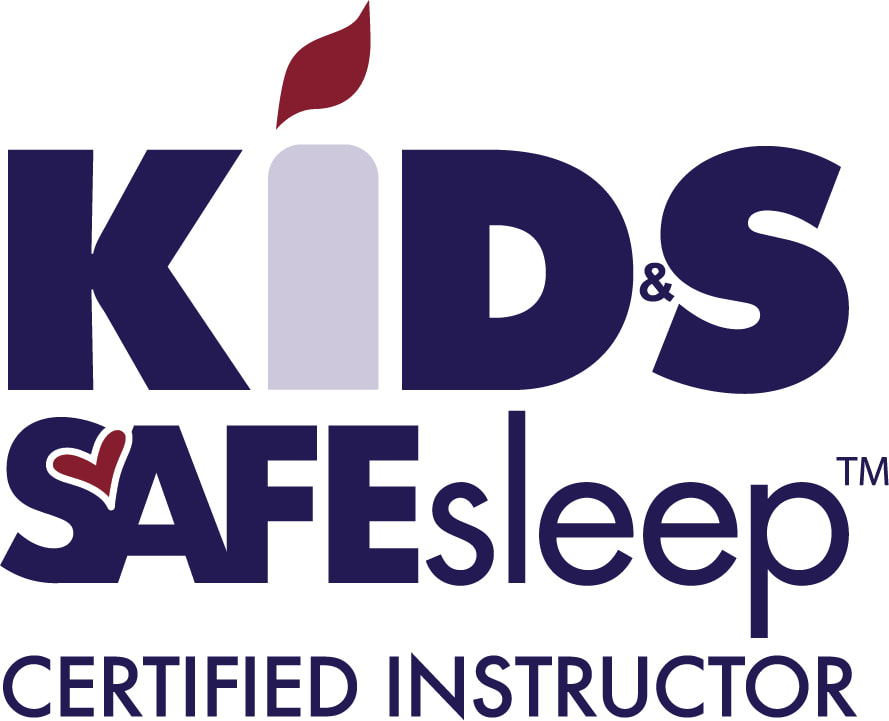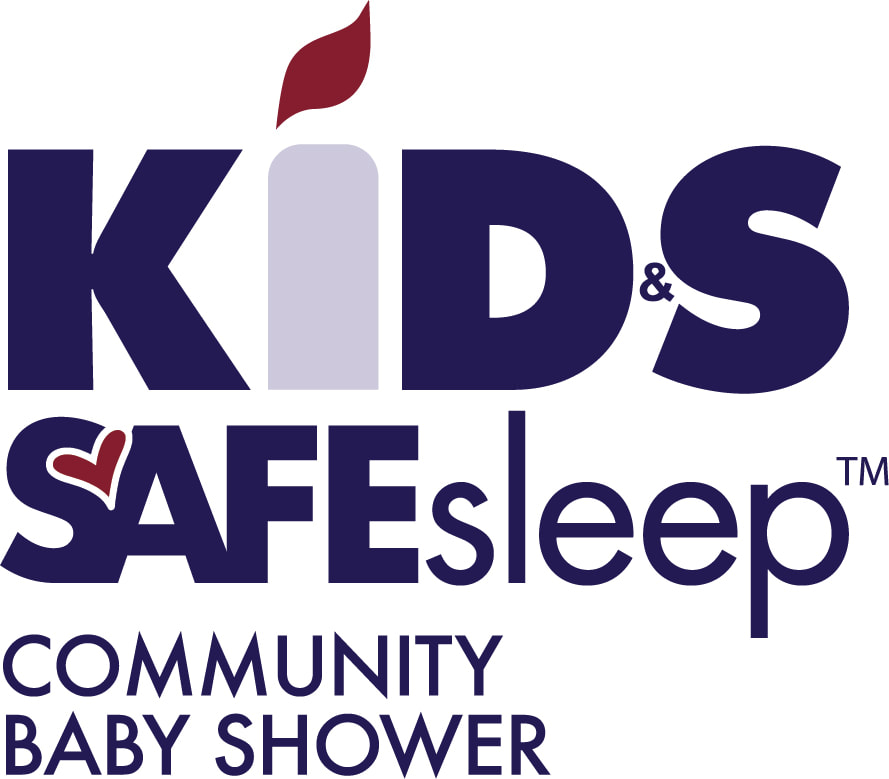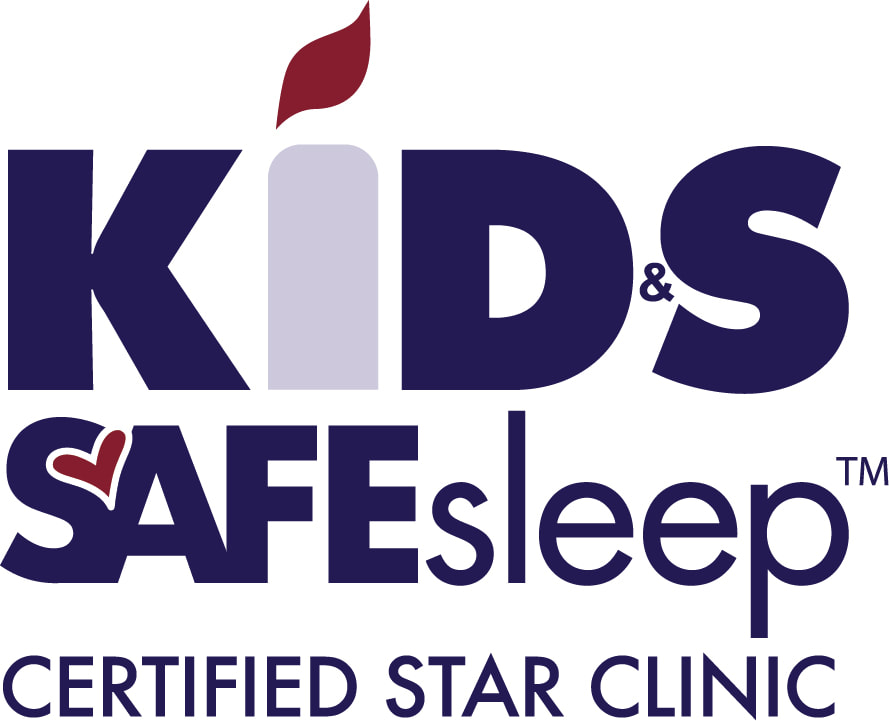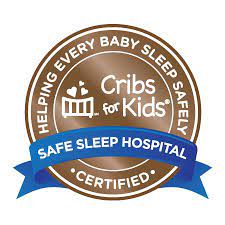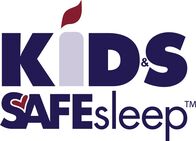
Safe Sleep Instructor Certification Project Purpose:
To build community-wide infrastructure to enhance the KIDS Network's capacity to share consistent safe sleep messages with providers, parents and caregivers.
The KIDS Network strategy to reduce sleep-related deaths is to provide consistent safe sleep messages along a continuum of care. We strive to educate new and expectant parents, caregivers, grandparents, and anyone caring for an infant in the first year of the infant’s life. Consistent messaging must be provided in the community, clinics, hospitals, birthing centers and child care facilities.
To build community-wide infrastructure to enhance the KIDS Network's capacity to share consistent safe sleep messages with providers, parents and caregivers.
The KIDS Network strategy to reduce sleep-related deaths is to provide consistent safe sleep messages along a continuum of care. We strive to educate new and expectant parents, caregivers, grandparents, and anyone caring for an infant in the first year of the infant’s life. Consistent messaging must be provided in the community, clinics, hospitals, birthing centers and child care facilities.
|
Safe Sleep Instructor Certification Project includes:
SSI Trainings: May 16-17, 2024 and September 26-27, 2024 |
|
There are 167 KIDS Network certified Safe Sleep Instructors (SSIs) across the states. The SSIs educate parents/caregivers, child care providers, health care providers, and other community members about safe sleep practices. Instructors serve as the voice for safe sleep by promoting it through standardized training and community outreach. They work in hospitals, doctors’ offices, public health, nonprofit organizations, businesses, schools and colleges. If you are interested in becoming a Safe Sleep Instructor, please contact Maria Torres at [email protected].
|
Safe Sleep Community Baby Showers are an interactive event that invites new and expectant parents, their support people, and community service providers to get together for an educational “baby shower.” 120 Safe Sleep Baby Shower events were held in FY22 in 27 Kansas counties plus Mississippi and Nebraska. The Wichita Black Nurses Association and the KIDS Network began Safe Sleep Community Baby Showers in 2011 to focus on the following key areas:
|
The KIDS Network, supported by the Kansas Department of Health and Environment, awards recognition to outpatient provider clinics that demonstrate a commitment to reducing sleep-related infant deaths by promoting safe sleep practices and risk-reduction strategies. By earning a Safe Sleep Star, a clinic demonstrates its leadership and commitment to eliminating sleep-related deaths, the 3rd leading cause of infant death in Kansas. For more information, please contact your area Safe Sleep Instructor or the KIDS Network.
|
The Cribs for Kids® National Infant Safe Sleep Hospital Certification program awards recognition to hospitals that demonstrate a commitment to reducing infant Sleep-Related Deaths by promoting best safe sleep practices and by educating on infant sleep safety. Certified Safe Sleep Instructors work with Kansas hospitals to complete the program. For more information, please contact your area Safe Sleep Instructor or the KIDS Network.
|
This project is supported in part by the Kansas Department of Health and Environment’s Bureau of Family Health Maternal and Child Health Services Block Grant #B04MC30614 funded by the Health Resources and Services Administration (HRSA) of the U.S. Department of Health and Human Services (HHS). This information or content and conclusions are those of the author and should not be construed as the official position or policy of, nor should any endorsements be inferred by HRSA, HHS or the U.S. Government.
